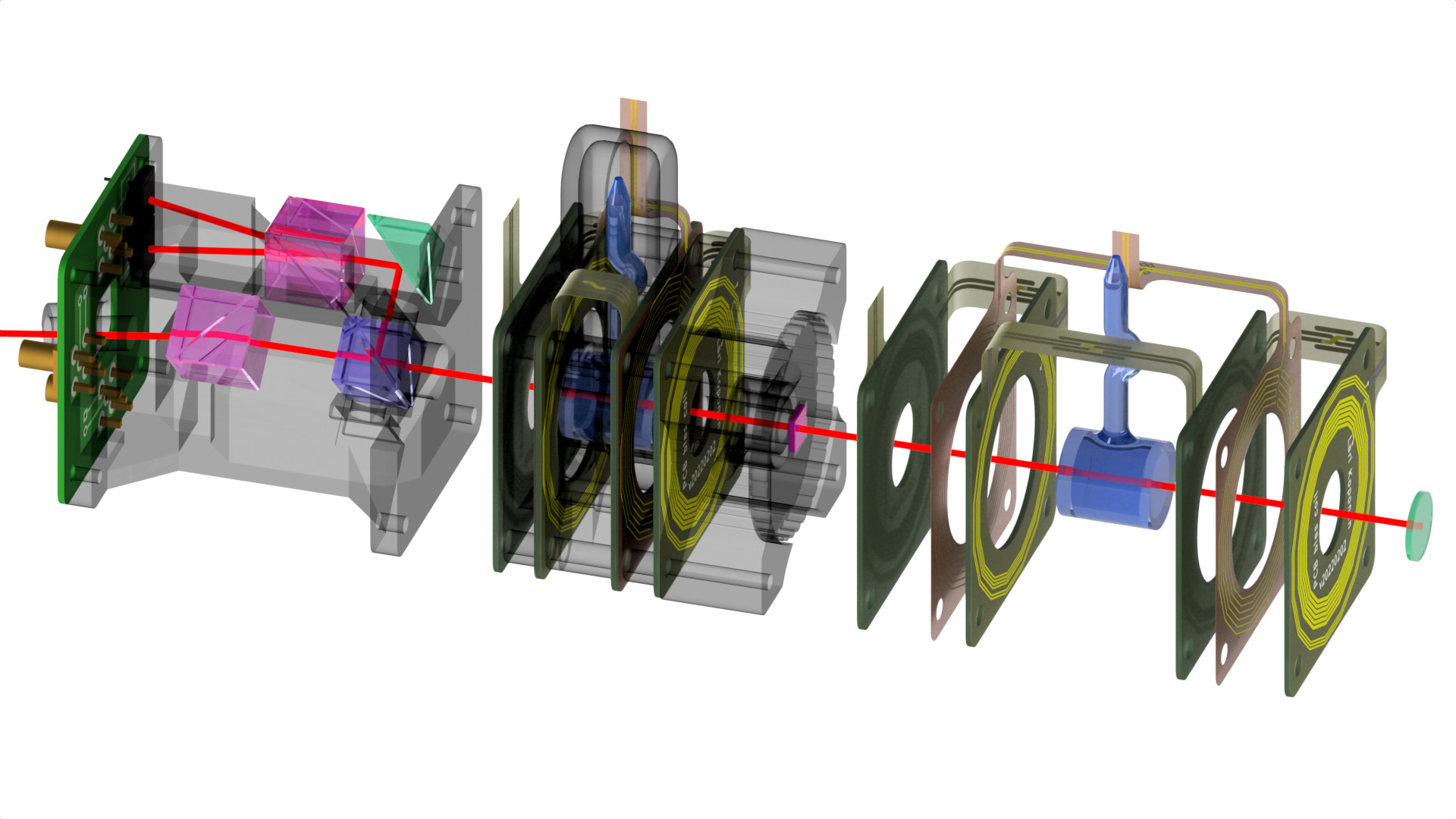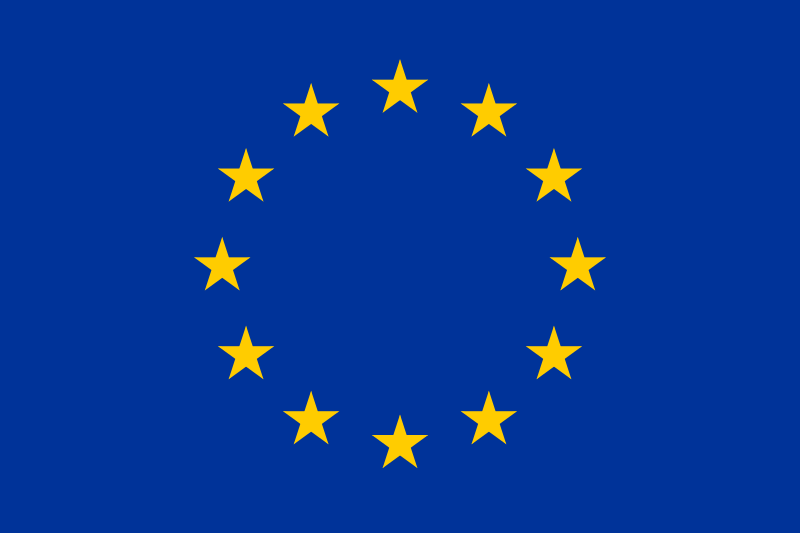
STIMUSURE
STIMUSURE was a research project at the Centre for Human Brain Health (CHBH) at the University of Birmingham.

This project has received funding from the European Union’s Horizon 2020 research and innovation programme under the Marie Sklodowska-Curie grant agreement No 101027633.
About STIMUSURE
STIMUSURE (simultaneous magnetic brain stimulation and measurement) was a research project that aimed to develop technology to enable simultaneous transcranial magnetic stimulation (TMS) and magnetoencephalography (MEG).
In particular, STIMUSURE aimed to develop the first MEG sensor compatible with simultaneous TMS. TMS is the most precise non-invasive brain stimulation method, and MEG is the most precise non-invasive brain recording technique. Combining the two would have allowed for more precise functional brain imaging and enable development of tools that would help us understand the functional connectivity between brain regions.
STIMUSURE developed an optically pumped magnetometer (OPM) sensor prototype for MEG. The developed sensor could both withstand TMS pulses (peak magnetic field 10,000 times the Earth’s magnetic field) and record weak magnetic brain magnetic fields (which were less than 1/100,000,000 times the Earth's magnetic field, or about one trillionth of the peak field during TMS).
The project Community Research and Development Information Service (CORDIS) page is at doi.org/10.3030/101027633.